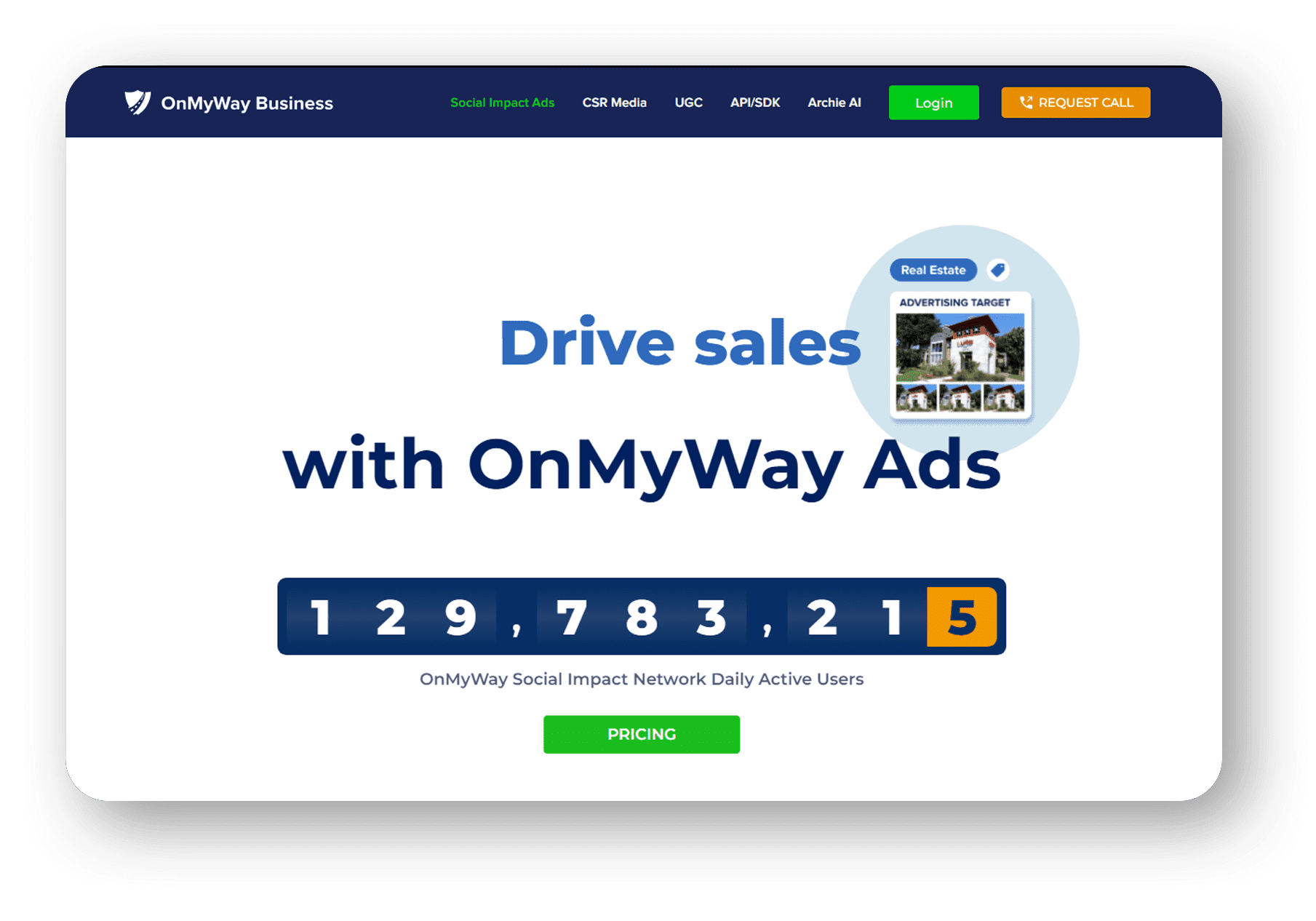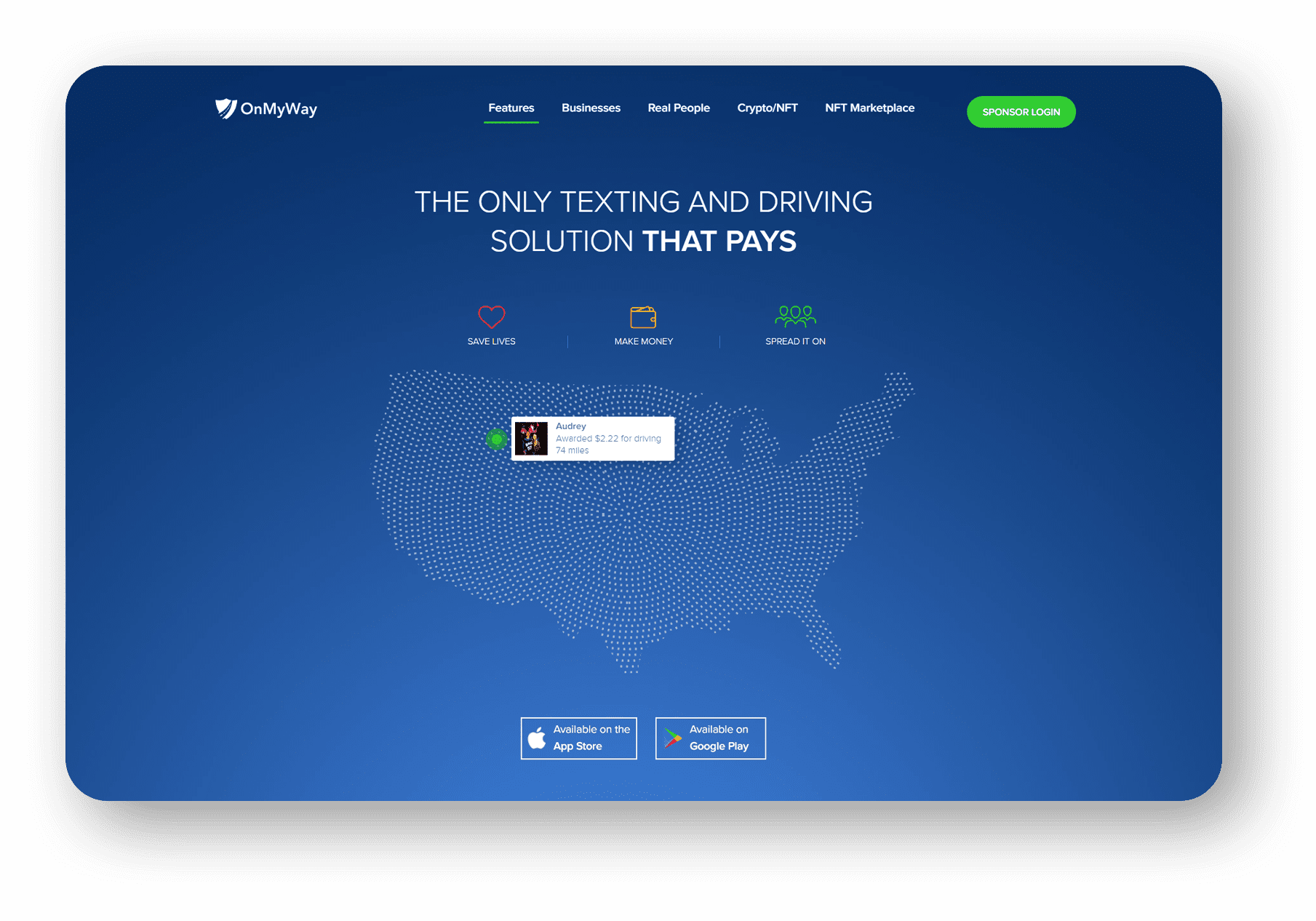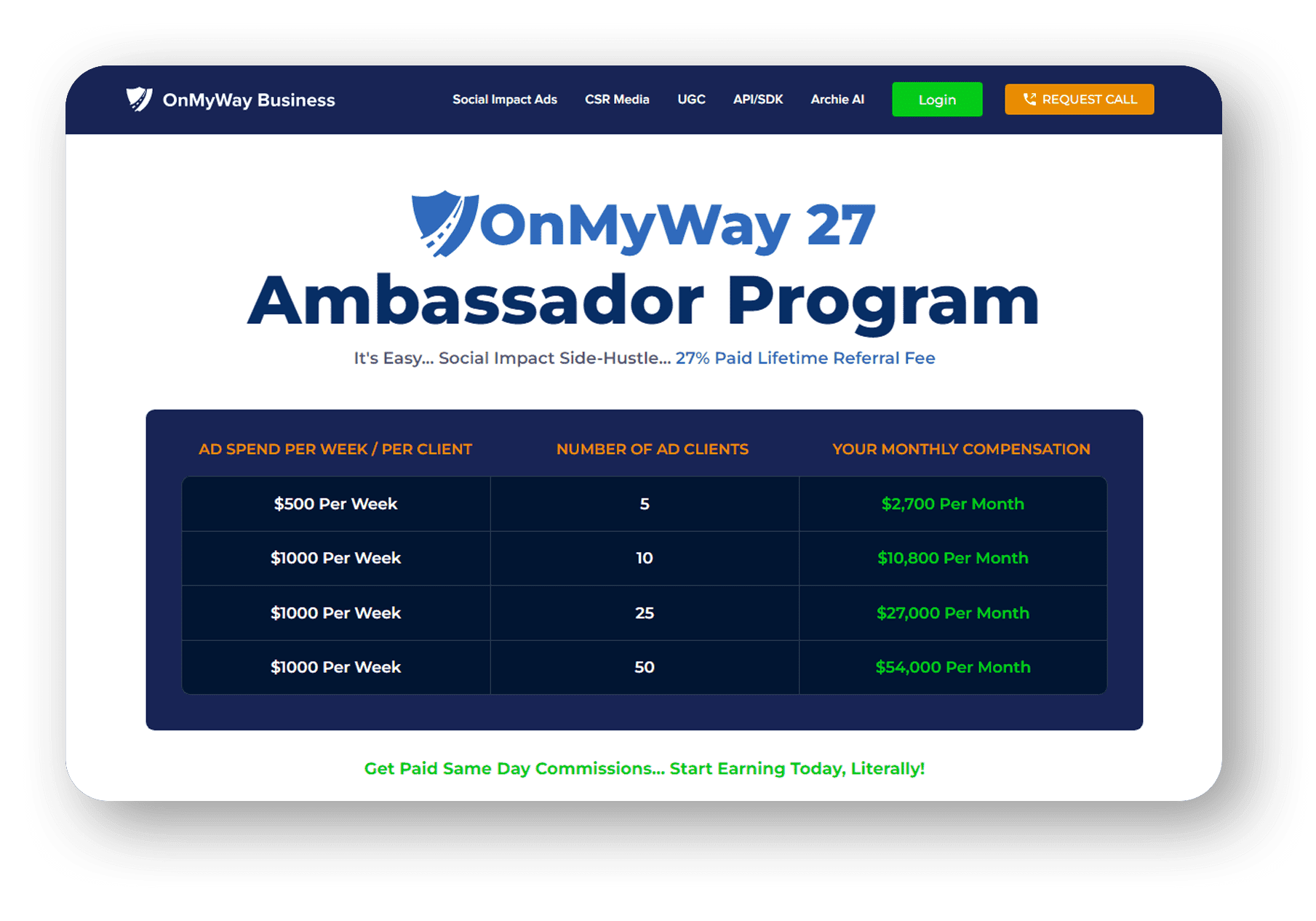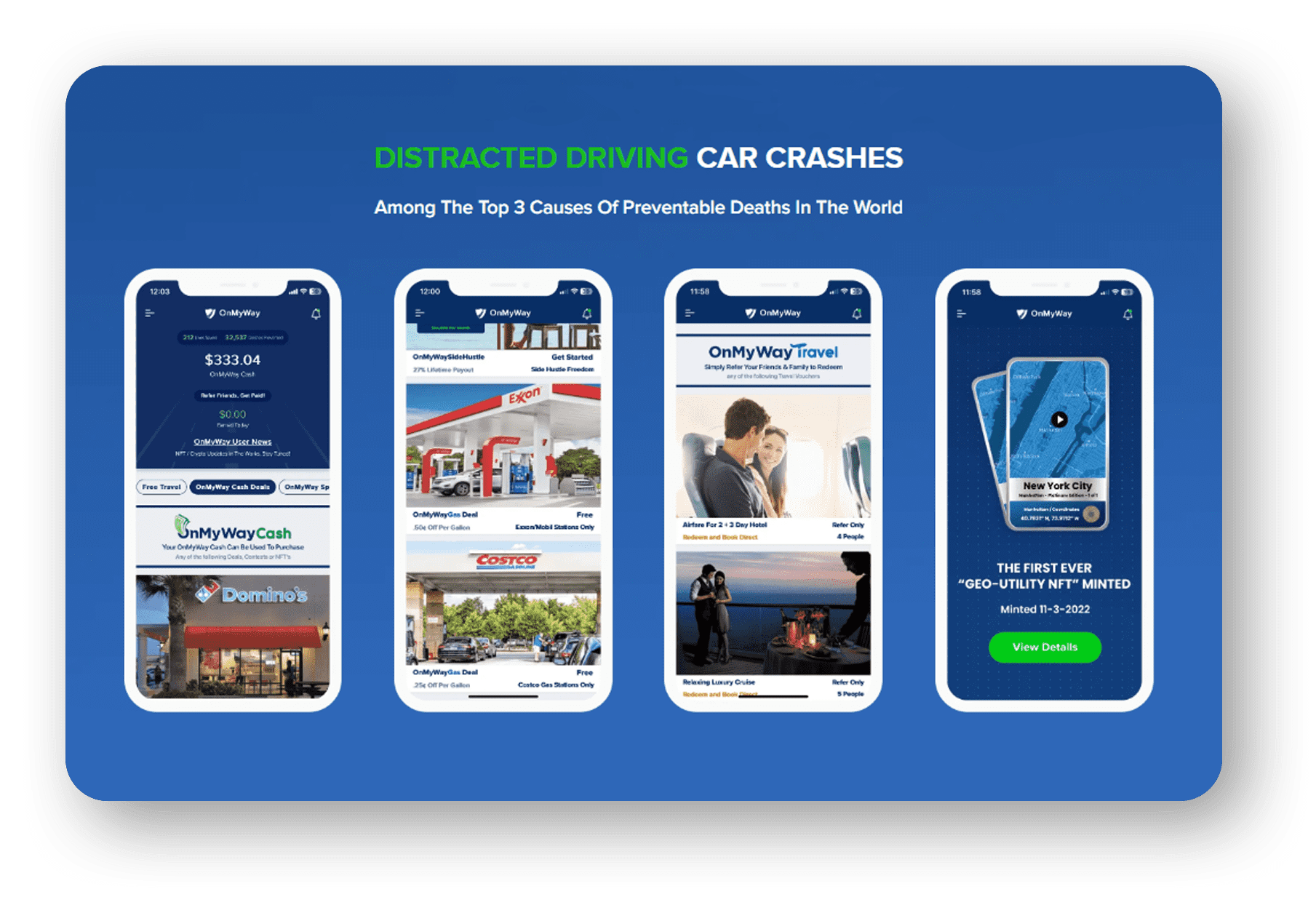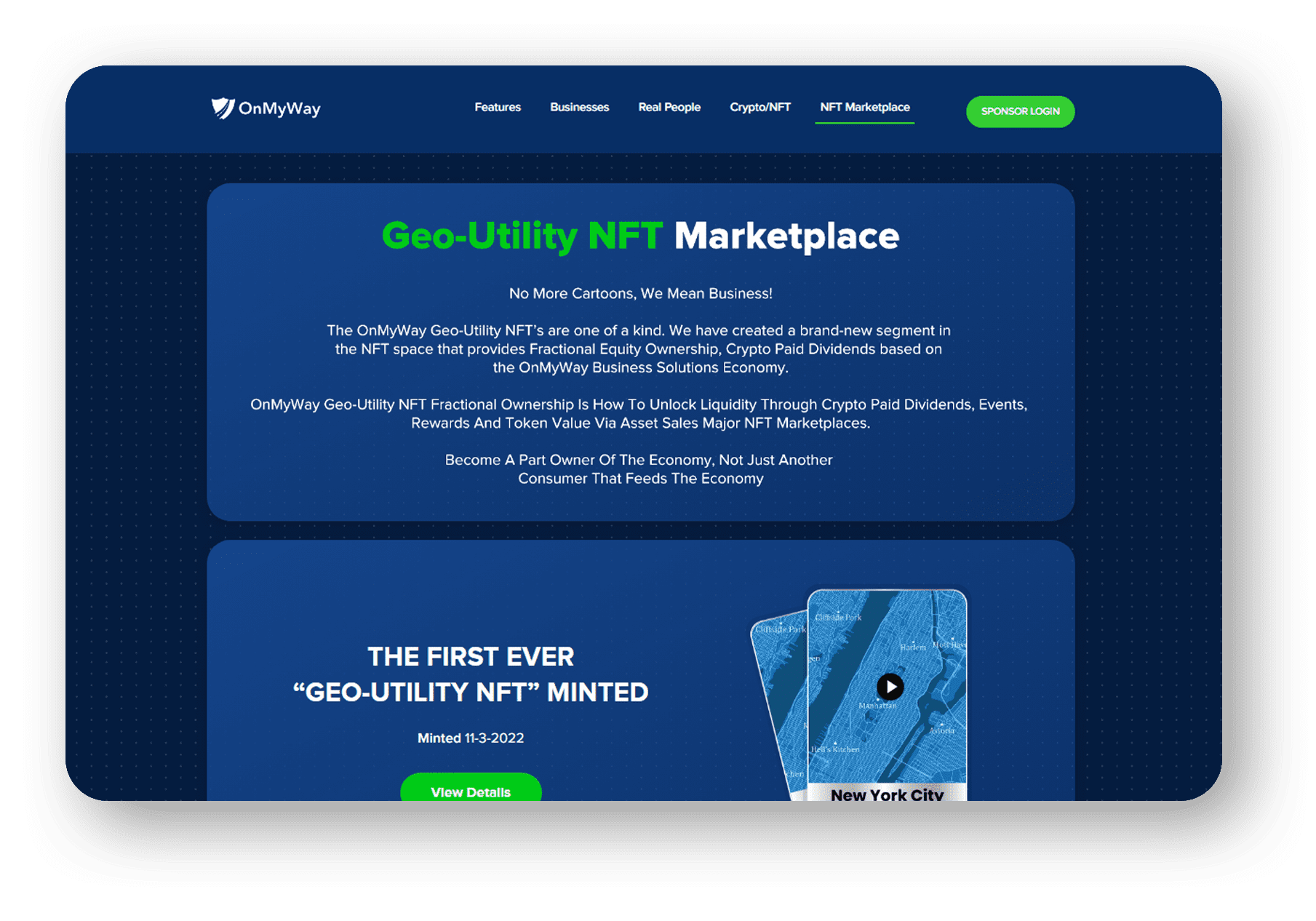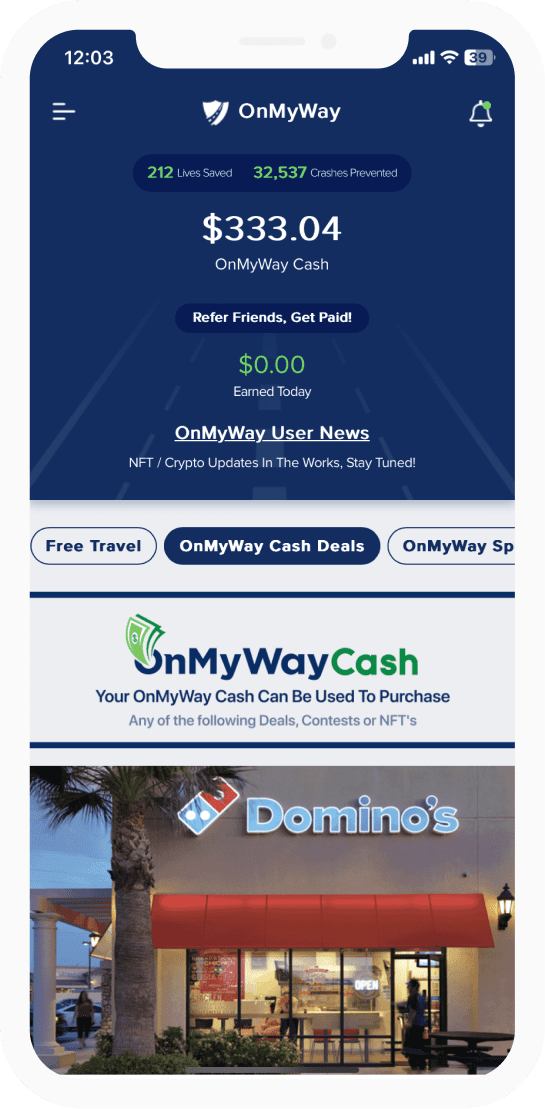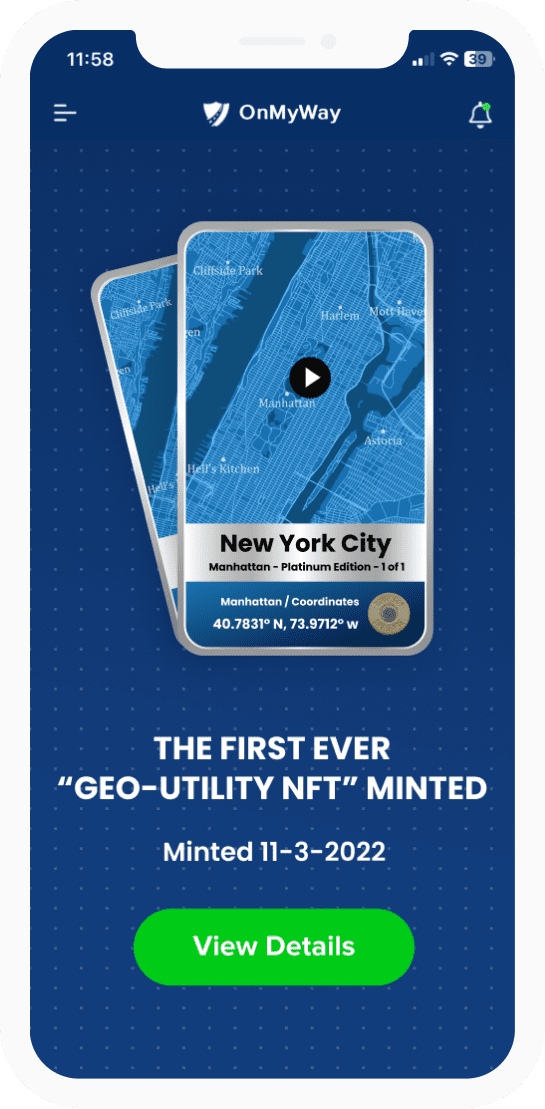
The Supreme Court says colleges and universities can no longer take race into consideration as a specific basis for granting admission, a landmark decision overturning long-standing precedent that has benefited Black and Latino students in higher education.
Chief Justice John Roberts wrote the opinion for the conservative majority, saying the Harvard and University of North Carolina admissions programs violated the Equal Protection Clause because they failed to offer “measurable” objectives to justify the use of race.
He said the programs involve racial stereotyping and had no specific endpoint.
The opinion claims the court was not expressly overturning prior cases authorizing race-based affirmative action, and suggested that how race has affected an applicant’s life can still be part of how their application is considered. Even if this week’s decision is the final flourish of a conservative legal project that has been in the works since the 1980s, it may also signal the opening of a new chapter in the history of American struggles over race. A conservative majority of the Supreme Court could well build on this ruling to undermine further efforts by the government and firms to identify and address harms that fall distinctively on racial and ethnic minorities.
There are two important ways in which this week’s decision may be the beginning, and not merely the closing of a chapter, for the court. The first would move the law in a meaningfully more conservative direction. The second, if fully realized, would have destabilizing legal and political consequences on par, or greater, than last year’s decision to throw out Roe v. Wade.
The first, and the most likely, “next shoe to drop” after this week’s ruling is a decision invalidating what are called “disparate impact” rules. The idea behind disparate impact is simple: Often, people who act for bad reasons don’t wear their racist motives on their sleeves or are simply negligent about the way their actions entrench past, race-based disadvantage. So disparate-impact laws allow a plaintiff to prove they encountered discrimination by pointing to large and unexplained racial disparities.
But conservative justices have had disparate impact in their sights for more than a decade now: This week’s more categorical ruling against race-based college admissions adds a powerful new weapon to their repertoire. For it is impossible to talk of “racially disparate impact” without talking of … race.
There are important disparate impact provisions in both state and federal law: Just this March, the Housing and Urban Development Department reinstated a disparate impact housing rule that had been withdrawn by the Trump administration. The main federal employment statute includes language prohibiting disparate impacts, although there is some debate as to how effective it is. Illinois and California also have broad disparate impact prohibitions in their laws.
Who dissented: Justice Sonia Sotomayor, joined by Justice Elena Kagan and Ketanji Brown Jackson, issued a fiery dissent, saying the opinion “rolls back decades of precedent and momentous progress.” In a demonstration of the controversial nature of the case, justices read their dissents from the bench for the first time since 2019.
Exemptions to the decision: The ruling says that US military service academies can continue to take race into consideration as a factor in admissions. During oral arguments, Solicitor General Elizabeth Prelogar stressed the unique interests of the military and argued that race-based admissions programs further the nation’s compelling interest of diversity.
Reactions: GOP officials celebrated the decision as Democrats blasted the court. House Speaker Kevin McCarthy said the justices “just ruled that no American should be denied educational opportunities because of race.” And Republican Sen. Ted Cruz, who sits on the Senate Judiciary Committee, said in a statement, “This is a great day for all Americans.” Former President Donald Trump called Thursday a “great day for America.” Meanwhile, Senate Majority Leader Chuck Schumer called the ruling “a giant roadblock in our country’s march toward racial justice.”
Implications: CNN Chief Legal Analyst Laura Coates said the decision will lead to sweeping changes to education in the US. And Steve Vladeck, CNN Supreme Court analyst and professor at the University of Texas School of Law, said the decision will still not end the legal fight over college admissions.
There are, to be sure, many technical reasons why the law doesn’t justify this result. But when the plaintiffs in the Thomas Jefferson case demanded a stay preventing the admissions policy from being used in April last year, three conservative justices — Samuel Alito, Clarence Thomas and Neil Gorsuch — voted to grant it, a sign that some support already exists for this approach.
Read broadly, a ruling that effectively says “no racial justice” would have sweeping consequences. It could cast into doubt many state and federal statutes enacted in part out of concern for the burdens that fall more heavily on minority groups. Just one example is the state laws that establish protections for minority voters; it’s not hard to imagine a court frequently hostile to minority voters viewing these measures with a gimlet eye.
Meanwhile, there remain a dismaying number of policy problems that fall more sharply on racial minorities. Consider, for example, the disturbing racial gap in maternal mortality: The National Institutes for Health found in 2021 that Black women are five times more likely to die by bleeding out in childbirth than white women. The recent, tragic death of track star Tori Bowie is just the tip of the iceberg. A “no racial justice” rule might seriously hinder government from reacting to such horrific facts.
The decision stems from a 2014 lawsuit against Harvard College and a separate lawsuit against the University of North Carolina. The two suits sought to overturn Grutter v. Bollinger, which is currently how universities use race-conscious admissions.
Harvard and UNC have argued that race is one of the many factors that the universities consider in admissions, along with socioeconomic status and extracurricular activities, and they make admission decisions within the guidelines set by Grutter.
Both suits were filed by a group called Students for Fair Admissions, which is funded by Edward Blum, a conservative legal activist who has launched multiple lawsuits over what he sees as racial preferences in school admissions.
For the Harvard case, the group alleges that Harvard violated Title VI of the Civil Rights Act because Asian American applicants are less likely to be admitted compared to similarly qualified Black, Latino or Indigenous applicants. Title VI bars institutions that receive federal funding from discrimination on the basis of race.
The UNC case argues that because the university takes into consideration race in its admissions process, it violates the 14th Amendment’s equal protection clause.
Federal courts rejected Students for Fair Admissions’ arguments and sided with the universities.
Affirmative action stemmed from the civil rights movement of the 1960s, when President Lyndon B. Johnson issued an executive order barring discrimination in the workplace based on race, religion — and later gender — by those entities that received federal contracts and subcontracts.
There are nine states that have banned race-based affirmative action from being implemented in public institutions: Florida, California, Michigan, Nebraska, Arizona, New Mexico, Oklahoma and Idaho. Washington state rescinded its ban on affirmative action in 2022.
During oral arguments last year, members of the court’s conservative wing, who now make up a 6-3 majority, questioned if it is legal for universities to consider race and for how long such policies should endure, pointing to a 2003 case that predicted that affirmative action would no longer be needed in 25 years.
The case, Grutter vs. Bollinger, allowed the limited use of race to be considered in college admissions, and held that race was merely one of many considerations given in an applicant. The case allowed the University of Michigan Law School to consider race in its admissions process in order to help create a diverse student body.
Justice Clarence Thomas, a conservative and the only Black man on the Supreme Court, pressed lawyers defending the schools’ policies on how diversity benefited education.
“I didn’t go to racially diverse schools but there were educational benefits. And I’d like you to tell me expressly when a parent sends a kid to college that they don’t necessarily send them there to have fun or feel good or anything like that. They send them there to learn physics or chemistry or whatever they’re studying,” Thomas said to Ryan Park, the attorney representing UNC. “So tell me what the educational benefits are to that?”
During oral arguments in October of last year, supporters of affirmative action rallied outside the Supreme Court. The Supreme Court today instead moves more closely in line with the preferences of the Republican Party. Radical destabilization of laws promoting equality advance partisan interests in two ways. First, measures such as state voting rights acts are generally disfavored by Republicans. So their ouster has a clear partisan valence. Second, an increasing element of the party takes up arms against what it calls “woke” politics.
If the court targets a vague category of race-conscious policies as unconstitutional, this creates a legal frame for what has until now been a free-floating term of political abuse (even if some conservatives flounder when asked what “woke” means). The court hence creates an incentive for partisan figures to label policies they don’t like as “social justice” minded, and so invalid. And when calling something “woke” is tantamount to labeling it “unconstitutional,” there will be a powerful urge to label any policy that favors minorities as discriminatory. In effect, this would tie the hands of Democrats (but not Republicans) from advancing the interests of many of the groups making up their electoral coalition.
The affirmative action decision, in this way, may open the gate to a new kind of political warfare — one that soon could easily dominate state and national agendas.
In the majority opinion on the affirmative action cases, Chief Justice John Roberts never goes as far as saying that he is explicitly overruling decades-old precedent.
That could be because, during the Supreme Court’s last term, the justices faced harsh criticism when they reversed Roe v. Wade.
Roberts may have been seeking a way to avoid criticism that for the second year in a row, on an issue that will change how Americans live their lives, the newly constituted court dominated by conservatives has taken another step to wipe away long-established precedent.
In dissent, the liberals make clear that the new opinion “rolls back precedent,” including Grutter v. Bollinger that was decided in 2003. That landmark decision upheld affirmative action in admissions.
Even conservative Justice Clarence Thomas, writing a separate concurrence, said that the majority “rightly makes clear that Grutter is, for all intents and purposes, overruled.”
OVERVIEW
OnMyWay Is The #1 Distracted Driving Mobile App In The Nation!
OnMyWay, based in Charleston, SC, The Only Mobile App That Pays its Users Not to Text and Drive.
The #1 cause of death among young adults ages 16-27 is Car Accidents, with the majority related to Distracted Driving.
OnMyWay’s mission is to reverse this epidemic through positive rewards. Users get paid for every mile they do not text and drive and can refer their friends to get compensated for them as well.
The money earned can then be used for Cash Cards, Gift Cards, Travel Deals and Much, Much More….
The company also makes it a point to let users know that OnMyWay does NOT sell users data and only tracks them for purposes of providing a better experience while using the app.
The OnMyWay app is free to download and is currently available on both the App Store for iPhones and Google Play for Android @ OnMyWay; Drive Safe, Get Paid.
Download App Now – https://r.onmyway.com
Sponsors and advertisers can contact the company directly through their website @ www.onmyway.com



